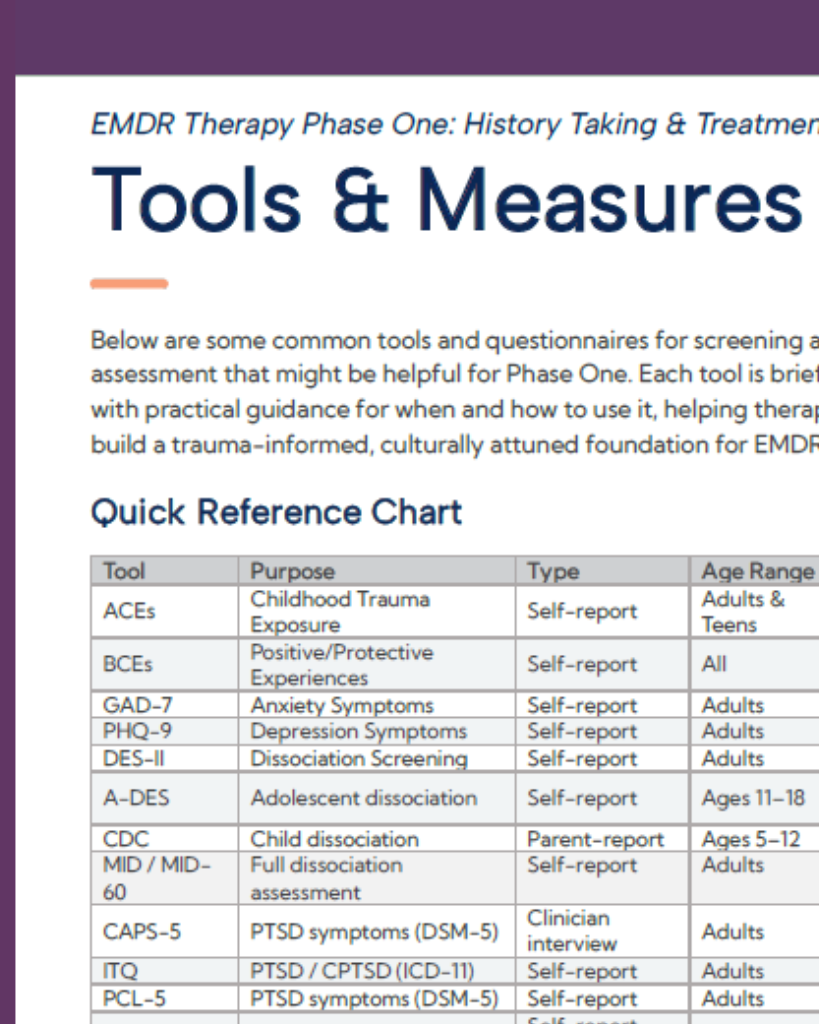Impact of dissociation on the effectiveness of psychotherapy for post-traumatic stress disorder: meta-analysis
This meta-analysis examined the influence of dissociative symptoms on psychotherapy outcome in PTSD.
Article Abstract
“Background: Many patients with post-traumatic stress disorder (PTSD) experience dissociative symptoms. The question of whether these dissociative symptoms negatively influence the effectiveness of psychotherapy for PTSD is unresolved.
—Description from publisher
Article Access
Open Access
Hoeboer, C. M., De Kleine, R. A., Molendijk, M. L., Schoorl, M., Oprel, D. A. C., Mouthaan, J., Van der Does, W., & Van Minnen, A. (2020). Impact of dissociation on the effectiveness of psychotherapy for post-traumatic stress disorder: meta-analysis. British Journal of Psychotherapy Open, 6(3), E53. Open access: https://doi.org/10.1192/bjo.2020.30
About the Journal
“BJPsych Open is a high-quality, online-only open access journal for the publication of all methodologically sound research in psychiatry and disciplines related to mental health.”
—Description from publisher
Date
May 19, 2020
Creator(s)
C. M. Hoeboer, R. A. De Kleine, M. L. Molendijk
Contributor(s)
M. Schoorl, D. A. C. Oprel, J. Mouthaan, W. Van der Does, A. Van Minnen
Topics
Dissociation, PTSD
Extent
8 pages
Publisher
Cambridge University Press
Rights
Copyright © The Authors, 2020. Published by Cambridge University Press on behalf of the Royal College of Psychiatrists. This is an Open Access article, distributed under the terms of the Creative Commons Attribution licence (http://creativecommons.org/licenses/by/4.0/), which permits unrestricted re-use, distribution, and reproduction in any medium, provided the original work is properly cited.
APA Citation
Hoeboer, C. M., De Kleine, R. A., Molendijk, M. L., Schoorl, M., Oprel, D. A. C., Mouthaan, J., Van der Does, W., & Van Minnen, A. (2020). Impact of dissociation on the effectiveness of psychotherapy for post-traumatic stress disorder: meta-analysis. British Journal of Psychotherapy Open, 6(3), E53. Open access: https://doi.org/10.1192/bjo.2020.30
Audience
EMDR Therapists, Other Mental Health Professionals
Language
English
Content Type
Article, Meta-analyses/Systematic Reviews, Peer-Reviewed
Access Type
External Resource, Open Access





